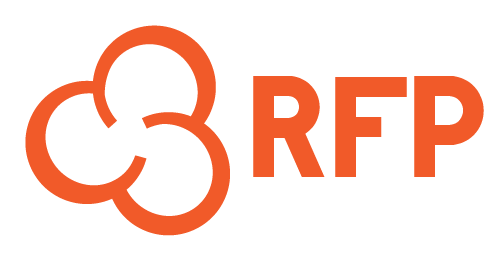In the world of procurement, the RFP (or Request for Proposal) is often used as shorthand to refer to the entire enterprise purchasing process. While they are the most commonly used document in procurement, they’re far from the only one. Knowing the range of options out there – from Requests for Information to Requests for Quotation – can help streamline your purchasing process – ensuring that you gather the relevant information using the right “RFx document” at the right time with a minimum of hassle.
Check out this short primer on the main types of purchasing documents, and you’ll be on your way to a faster, easier procurement process!
Request for Information (RFI)
RFIs are excellent information-gathering tools. An RFI enables organizations to collect information on how a vendor might solve a problem or meet a given need before issuing a more elaborate RFP. RFIs are especially useful when you’re looking for a broad range of possible solutions to a problem without a precise sense of the best fit for your needs. You might turn to an RFI to help you scope out a new-to-you industry or purchasing area.
As documents, RFIs ask general questions intended to educate and inform. They tend to be short and concise documents compared to more elaborate RFPs, and so they can be particularly useful as first steps early on in an enterprise purchasing project. Because RFIs are comparatively quick and easy to draft, they allow you to cast a wide net, soliciting input from many vendors before narrowing in on the details.
Request for Proposal (RFP)
Organizations use RFPs when they want to buy a product or service, and have a relatively clear sense of what that is. RFPs allow you to specify your needs and concerns and consider multiple bids from different vendors. At best, this puts vendors on equal footing, and allows organizations to find solutions that are well-tailored to their needs. In addition to gathering information on the vendors’ products and services, a well-designed RFP also helps you understand the financial, business, and contracting terms to complete a purchase. The RFP response you select can map very closely to a contract or purchase agreement with that vendor.
Ideally, RFPs that are prepared well will generate multiple bids from vendors, and offer issuing organizations choices when it comes to evaluating and selecting a product or service. While they are narrower in scope than RFIs, they still offer the opportunity for a diversity of vendor responses which highlight different approaches to delivering the needed product or service.
Request for Quotation (RFQ)
An RFQ is the most specific of the major purchasing documents. With an RFQ, the issuing organization tells sellers exactly what it is that they wish to purchase, and asks for a price quote to deliver that product or service.
If your organization is making a repeat purchase in an industry or sector that you know well, an RFQ might be all you need. In this case, there’s no need to spend time or energy on an RFI or RFP. Or, in other cases, organizations will use the RFQ to make an apples-to-apples comparison between different sellers in order to ensure you are receiving the best possible price.
Getting Started
Whatever the best purchasing document for your particular project, at Popcorn RFP, we’re here to help. The Popcorn RFP software supports different types of RFx documents and “Projects” inside the software can contain and organize as many documents as you need that are related to that purchase. We offer purpose-built software designed to alleviate many of the common challenges organizations have experienced with enterprise procurement and help do RFxs faster, smarter, and collaboratively. Send us an email and let us know how we can help with your next purchase!











